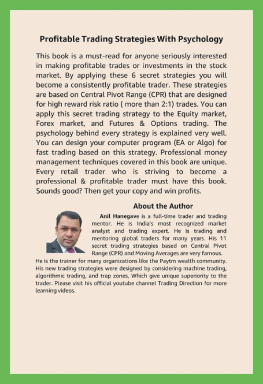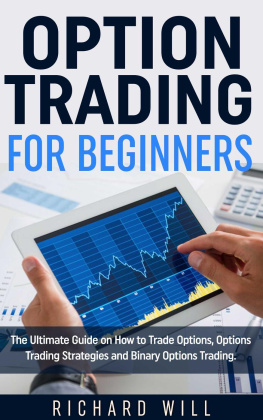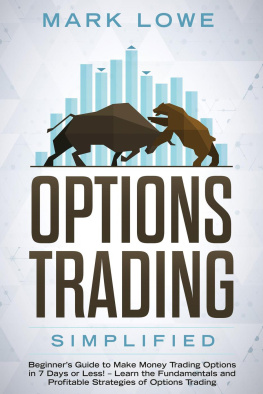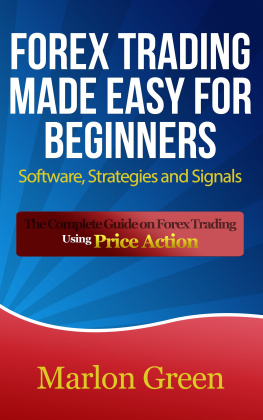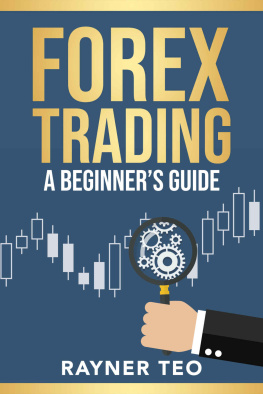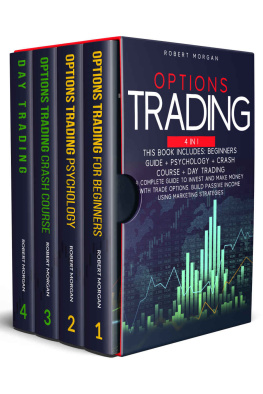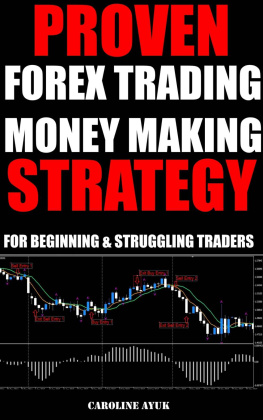Ultimate Guide With Strategies & Techniques for Beginners. Become a Successful Trader With Penny Stocks, Option, Forex and Swing Trade in No Time for Making a Living.
Introduction
Day trading, as the name implies, is when you buy and sell financial investments during the day and clear your outstanding trades before you close the market. The primary objective is to make quick profits from any price increase or decrease that happens on a single trading day.
When the stock market opens, any news that is released later on may carry the opening price of a financial instrument on the next trading day. From a strategic point of view, day trading reduces the risk of incurring losses overnight due to differences between the opening price and the closing price of the previous day. Stocks, shares, futures, and currencies are the most actively traded financial instruments of the day.
The most vital issue that a student has to comprehend day commercialism is that whereas it may be profitable, it is also terribly risky. Current statistics show that 70-90 percent of all-day traders suffer losses in their businesses. Such numbers are almost as high as those associated with gambling losses and are a clear indication that day trading is not intended for amateurs who are trying to " Get it big "in a short time. Honestly, there are very few individual investors who have space, cash, or temperament to cope with day-to-day trading losses.
If you're seriously thinking about becoming a day trader, here's some necessary advice about the profession that might benefit you: the funds you need. According to U.S. law, you will need at least $25,000 per day of trade (more than 8 round trips in a single calendar week). You only would like several hundred USD to alter your currency nowadays. Because of the lower start-up investment cost, it might be wise to start investing in currencies if you're a beginner. For comparison, selling coins is also a lot simpler than trading stocks, as you only have a set amount of money that you can choose to sell.
You are sustaining the deficit. Many new-day investors would suffer terrible losses in their first few months. That's how many of them are going to give up before they even start making money. If you start trading on a day, make sure you only use the cash that you can lose. It's a terrible idea to use the money you need for stuff like your mortgage payments, your life insurance plan, and your daily living expenses.
Reduce the risks. One of the biggest causes of day traders losing money is because they don't know how to reduce their losses. There is no specific formula for when and how to minimize the defeats, but maybe this example will help you understand what usually happens. An unskilled day trader buys a stock, and the stock price inevitably begins to fall. The day the dealer wants to hesitate because he is sure that the market will come back soon. The stock price continues to fall during the day, and the day the dealer kicks himself for not having cut his losses sooner. At the closing time of the auction, he tells himself that he has no choice but to hang on to the stock. In the night, negative news is coming out about the stock, making the opening price of the capital, even more, spiraling down. Today, the dealer is much less wealthy than he would have been had he cut his losses when the price first started to fall.
Day trading isn't the same thing as buying. Day traders do not invest their money in financial instruments, at least not in the classical sense. We usually check the prices of shares that are going up or down. A goal is to ride the wave and to secure a place before the movement begins to move the other direction. You don't spend money on a business unless you know that it will deliver quality Day trading is not a sport. Smart day traders sit down on their laptops all day and wait for any price movements. Nothing is soothing or fun about watching price fluctuations and ticker quotes. If you don't have time with this, it's probably better to find another way to make extra money.
Chapter 1
What is Day Trading?
Day trading is the buying and selling of securities in one single trading day. This can occur in any type of marketplace that you choose but it is most common in the stock market and in the forex market.
Day trading is very fast paced. You will purchase a stock, bond, option or other security at some point during the day. Then, sometime during the same day, you will sell the security. If you watched the market properly and the trade goes well, you will make a profit from that sale. If you made a mistake with your calculations, you will lose money.
Day trading is a strategy of trading financial securities, such as stocks and currencies, where positions are taken and closed within the same day. Also called short trading, it involves buying a financial security and selling them before the trading day closes.
How short can day trading last? It can be as short as buying and selling in a few minutes, or even seconds! The point is to end the trading day with a square position, i.e., neither long nor short on any financial security.
It doesnt matter how many trades you do during the day. You can trade just once a day or 10 times a day...it doesnt matter. The defining characteristic of day trading is ending the day with a square position.
Day trading can take place in any market, but the most common ones are the stock market and foreign exchange or forex markets.
When you start day trading, youll need to start looking at financial securities from a different vantage point. For example, if youre used to swing trading or a buy-and-hold approach to stock market investing, youll need to look at stocks differently when you day trade if you want to profit from it.
Instead of having a longer-term perspective on stocks, youll need to reorient it to a very short-term one. In particular, you should shift your focus from a companys possible growth over the long term to its possible immediate price actions during the day.


